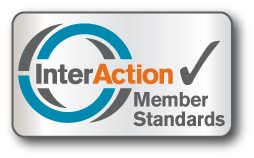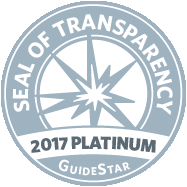Students study, read, and access the Internet at The Degale Public Library.
“A library is not a luxury but one of the necessities of life.”
- Henry Ward Beecher
In Europe and the United States, we take libraries for granted. They’re in our schools. They’re in our cities. They’re in our neighborhoods.
Not in Ethiopia. Libraries are rare, especially in isolated rural areas where schools are poorly equipped and students have little or no access to updated textbooks, quiet study space and the Internet.
One result of these barriers can be low enrollment levels and high dropout rates in densely-populated rural areas, especially among secondary school-age students who are critical drivers of Ethiopia’s future.
Just as libraries are a mainstay in American life, WEEMA is trying to do the same in the rural Kembata-Tembaro Zone, which has nearly one million people, roughly half of them children.
Last month, we finished construction on the Adilo Public Library and Computer Center, a key cog in our goal of building and equipping a public library network for the entire Kembata-Tembaro region. Another library, the fourth in the district, will be built in Hadero next year.
When it opens later this year, the Adilo Library will have hundreds of new books, 20 computers, Internet access and a generator to keep everything running. It will be run by the government using locally-trained staff.
The public libraries are open to everyone, but primary and secondary school-age students are a top priority. The Adilo Library includes a study space specifically geared for secondary school students needing to pass the national exams. It also includes a reading room for younger children.
We expect lots of activity. The expanded Degale Library is reaching more students of all ages, many of them drawn to mobile library services linking four of the district’s five high schools. More than 2,500 students used the mobile library service in 2018 alone. The full library network, once the Hadero Library is up and running, is expected to have over 4,000 users every month.
Most importantly, students are getting better opportunities to learn.
Betelehim Aleka, 16, struggled academically when she was a younger student in Mudula. “When I was in grade 8, I didn’t score well. I was an average student,” she recalled.
Then she began spending more time at the Degale Library, where she could access textbook and updated materials on the Internet. Her grades quickly improved, and by the 9th grade, she ranked second in her class. Now she dreams of going to medical school.
Of course, there are other factors at play that keep students, especially girls, out of school and libraries, such as the need to help support families and the lack of funds for books. The free libraries are designed to catalyze opportunities and realize the transformational power education can bring not only to individuals - boys and girls - but also their communities.
The new Adilo Public Library and Computer Center




